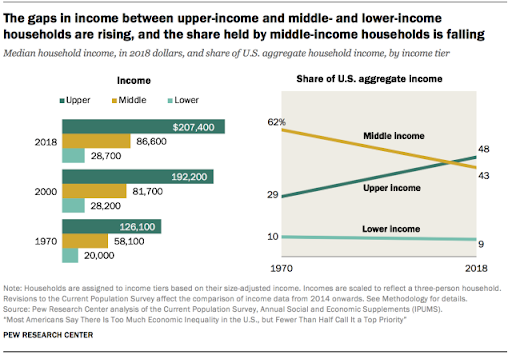Common myths about strength training for women
October 24, 2018
By RACHEL PLACEWAY
The Mirror reporter
Women face multiple strength training challenges when compared to their male counterparts. When it comes to women and strength training many media outlets convey conflicting information making it hard to separate facts from fiction.
“I don’t like lifting weights because then I will get too muscular,” a female SPASH student said.
Unfortunately, there are multiple myths that have led women to completely neglect strength training.
“The more women understand the benefits of weight lifting, the more likely they are to do it,” physical education teacher and strength and fitness expert DuWayne Behnke said.
The most common myth about strength training for women is that lifting weights will make you muscular.
Merely adding an extra day or two of strength training will not automatically cause women to become muscular. A considerable amount of training is required to put on as much muscle as men.
Women’s biology also shows that the level of testosterone (the growth hormone needed to build muscle) is lower compared to men. As a result, the risk of being too muscular is far lower.
Another common myth is that cardio burns more calories and fat than strength training, which many women believe is more beneficial.
Over the years, Behnke has observed many of his female students go straight to the cardio machines when they enter the weight room.
“I believe that girls feel more conformable on a bike or treadmill, where guys are more comfortable by the weight racks.…Although you need cardio, there are different ways to get it,” Behnke said.
Numerous studies have concluded that high-intensity strength training can aid in a person’s aerobic abilities.
Performing a full-body workout exercises both the upper and lower body while also increasing the level of lean muscle. By increasing levels of lean muscle, the body can metabolize calories more efficiently when at rest.
The media also displays multiple misconceptions about women and strength training. For example, many women’s health magazines convey false images of Photoshopped women lifting weights no heavier than five pounds.
This myth has resulted in women getting stuck in the routine of lifting lighter weights for more reputation.
Although light weights can be useful in improving a person’s muscle endurance, it cannot activate muscle fibers responsible for growth and definition.
The most effective way to increase muscle growth and definition is to lift heavy weights with more explosive movements.
These common myths largely contribute to why countless women avoid strength training, even though studies show multiple health and life benefits such as increased metabolism, injury prevention, a decrease in depression, lower health care costs, and serval other benefits.
Women need to take charge and do their own research to put an end to the misconceptions of strength training.



































































Hlee • Oct 28, 2018 at 11:04 PM
I love how you first introduce the common myths and prove them wrong with facts and science. I feel that women should learn about this so that they may be able to differ myths from facts and be able to have a healthier body.
Soren Luther • Oct 28, 2018 at 7:09 PM
There are so many myths dealing with work out routines between women and men. Women have the same potential as men do and strength training can improve a lot in anyone’s life. Good job on the article! Keep up the great work!
Madison Rindahl • Oct 25, 2018 at 2:48 PM
Wow! Great job. I didn’t really know that much about strength training for women but I know more than what I did after I read this. This was very informational and I really enjoyed reading it. It gave me a new outlook on strength training for women. Thanks for doing an article on this!
Bryant VanRossem • Oct 25, 2018 at 11:06 AM
Another great article, Good job!. Your articles are well written. Keep up the good work!
Justice Chukwuemeka • Oct 25, 2018 at 10:47 AM
I can’t help but read in awe whenever I read your articles. This one is no different. The flow is good and the vocabularies are superb. Keep up the good work!
Willow • Oct 25, 2018 at 10:39 AM
Good story. I like all of the quotes you got from one of the gym teachers. I liked how you had some of the myths in the story too.